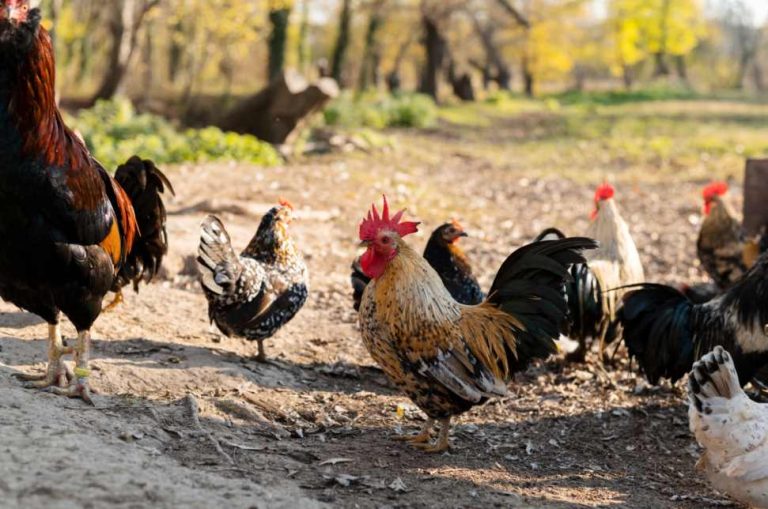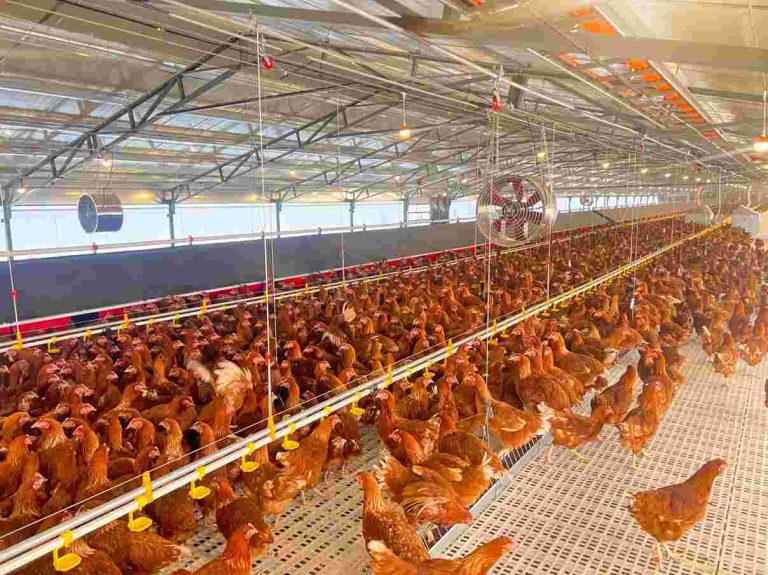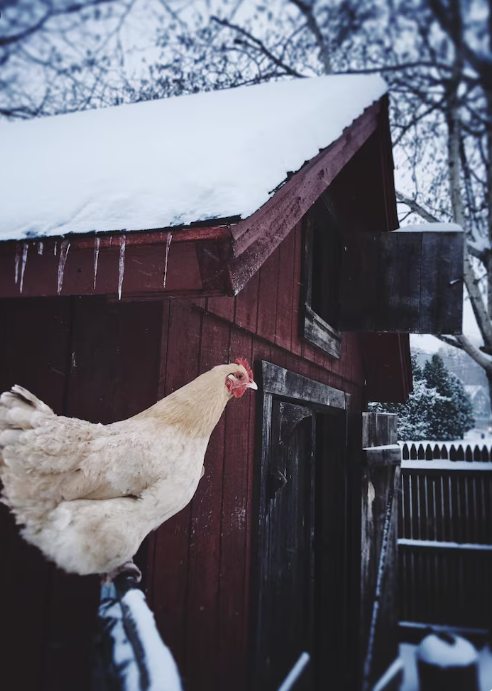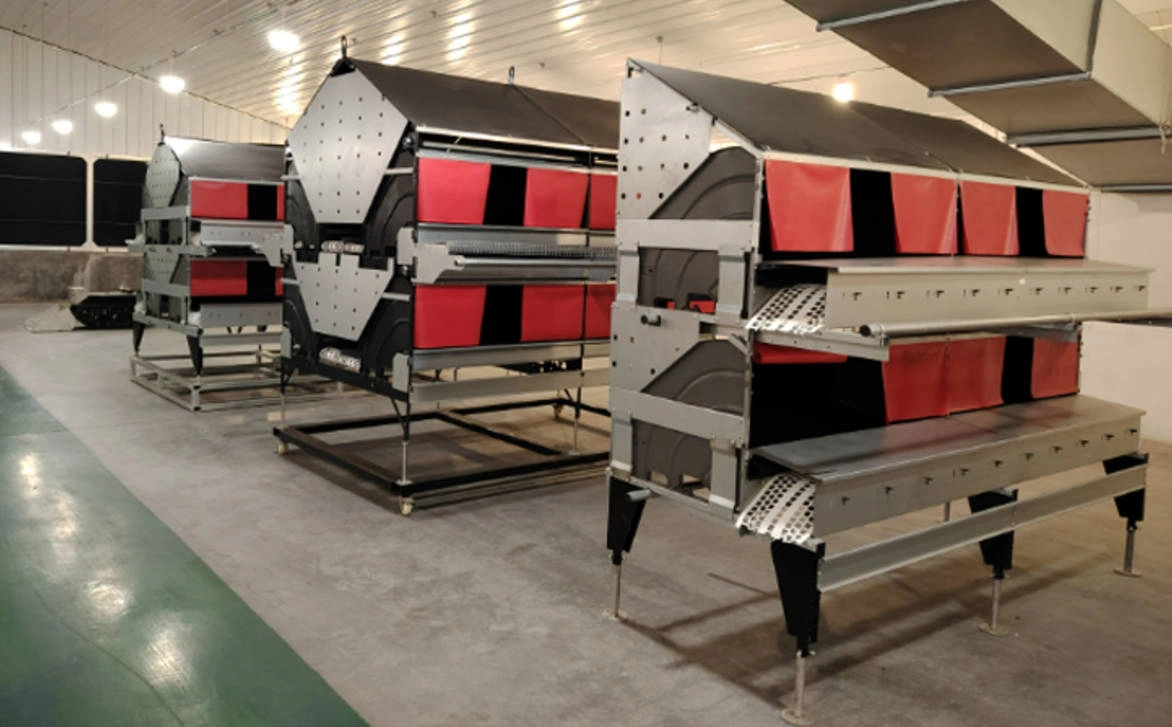
Understanding the Basics of a Chicken Egg Incubator
The Purpose and Functionality of an Incubator
Chicken egg incubator is an essential tool for poultry farmers looking to boost hatch rates. It replicates the conditions needed for eggs to grow and hatch safely by creating a controlled setting that maintains the right temperature and humidity levels while also rotating the eggs regularly. This equipment is key in decreasing reliance on hens, for incubation methods and ultimately improving production efficiency.
Key Components of a Chicken Egg Incubator
Temperature Regulation
Ensuring a temperature is crucial when using a chicken egg incubator as it greatly impacts the development of the embryos inside the eggs. The recommended temperature range usually falls between 99°F and 100°F; any fluctuations outside this range may have effects on the embryos’ growth and health. Modern incubators are frequently outfitted with automated temperature regulation mechanisms that adapt to variations in their surroundings – a feature, of the automatic temperature control system found in tiered chicken enclosures.
Humidity Control
The level of humidity plays a role as it affects how much moisture evaporates from eggs while they are being incubated. Typically, the ideal humidity levels range between 40 % and 50 % in the stages and rise to approximately 65 % as the eggs near hatching. Sophisticated incubators may have functionalities similar to those of environmental controllers used in poultry setups, which actively oversee and regulate conditions to maintain uniformity.
Turning Mechanism
Ensuring that eggs are regularly turned is essential to avoid embryos sticking to the shell membrane during the incubation process in cases where incubators are equipped with an automatic turning feature that rotates the eggs periodically, emulating how hens naturally handle them.
Factors Influencing the Timing for Incubation
Egg Fertility and Viability
Before starting the incubation process, it’s crucial to assess the fertility and viability of the eggs as a priority task, ensuring that healthy and fertile eggs are swiftly gathered and delicately handled to preserve their chances of successful hatching.
Environmental Conditions
Seasonal Variations
Seasonal changes can impact the timing of incubation processes since ambient temperatures and humidity levels vary throughout the year and can influence the setup and management of an incubator.
Ambient Temperature and Humidity
The environment greatly influences the timing of incubation periods, which may require adjustments in incubator settings to account for temperature variations in regions with weather conditions.
Determining the Ideal Start Time for Incubation
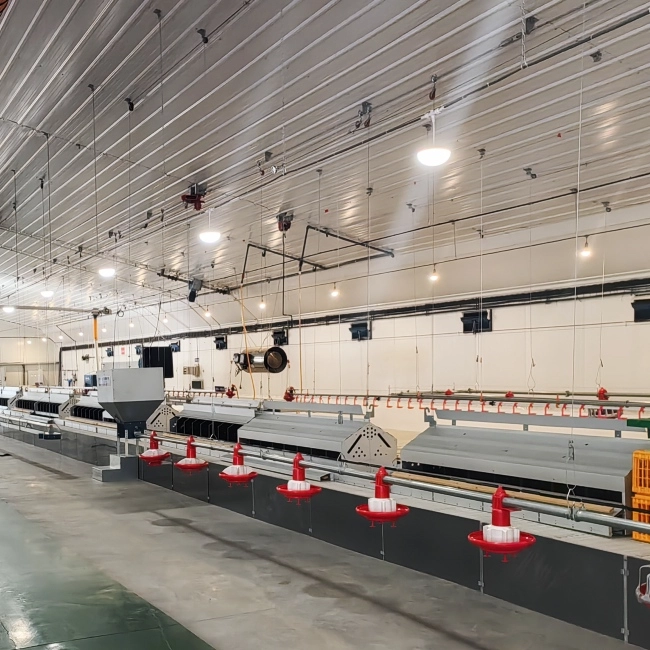
Pre-Incubation Egg Storage Guidelines
It’s important to store eggs before incubation to ensure they remain viable.
Storage Temperature Recommendations
To ensure conditions, for egg incubation it is recommended to store the eggs within a temperature range of 50°F to 60°F consistently, as this helps maintain fertility by preventing early embryo development.
Duration of Storage Before Incubation
It’s best not to keep eggs for over a week before putting them in an incubator because storing them for long can lower the likelihood of successful hatching.
Signs That Eggs Are Ready for Incubation
When you see eggs with veins when candling, it means they are ready for incubation, which can improve the chances of successful hatching.
Monitoring and Adjusting During the Incubation Process
Regular Checks on Temperature and Humidity Levels
It’s important to check the temperature and humidity levels in the incubator during the entire hatching process, making any necessary changes using integrated systems that are comparable to those seen in modern poultry facilities, such as the environmental controller utilized in large chicken farms.
Importance of Egg Turning and Its Timing
Eggs need to be turned until about three days before they hatch to give the embryos enough time to get into the right position for hatching on their own when the turning should stop in preparation for emergence from the shell on their own accord before hatching begins naturally without any additional interference necessary, just like how automated egg collection systems help make poultry management more efficient by minimizing mistakes made by humans for better overall productivity and well being of the animals.
Common Challenges in Timing and How to Overcome Them
Dealing with Fluctuating Environmental Conditions
One of the hurdles when it comes to using a chicken egg incubator is dealing with changing environmental conditions such as temperature and humidity fluctuations outside it that can affect embryo growth inside it significantly. To tackle this issue effectively, ensure proper embryo development inside the incubator despite external changes in weather conditions or humidity levels around it. The key is to opt for an incubator that comes equipped with environmental control systems similar to those found in commercial chicken farms that automatically regulate settings to uphold ideal conditions even when external factors shift unpredictably.
Managing Unexpected Power Outages or Equipment Failures
Power failures or equipment malfunctions can be quite risky when eggs are being incubated. To reduce these risks, it’s recommended to have a power source or generator on standby to keep the incubator running smoothly. Also, conducting maintenance checks on the equipment can help detect any possible problems before they escalate. Using an incubator that comes with alarms and monitoring systems like those in automated layer chicken breeding cages can give alerts and enable quick corrective measures.
Benefits of Proper Timing in Using a Chicken Egg Incubator
Improved Hatch Rates
Using a chicken egg incubator at the time is crucial for better hatch rates among poultry farmers and ensuring successful hatching by following proper incubation schedules and keeping consistent environmental conditions similar to the advantages of automated egg collection systems that boost productivity through minimizing human mistakes.
Healthier Chicks
The right timing is crucial for the well-being and energy of hatched chicks as well as promoting uniform growth by incubating eggs in optimal conditions to minimize stress during their development stage, similar to how brooding cages enhance chick growth by increasing body weight consistency and decreasing mortality rates in key growth phases.
Introduction to Zeus Poultry Management Products
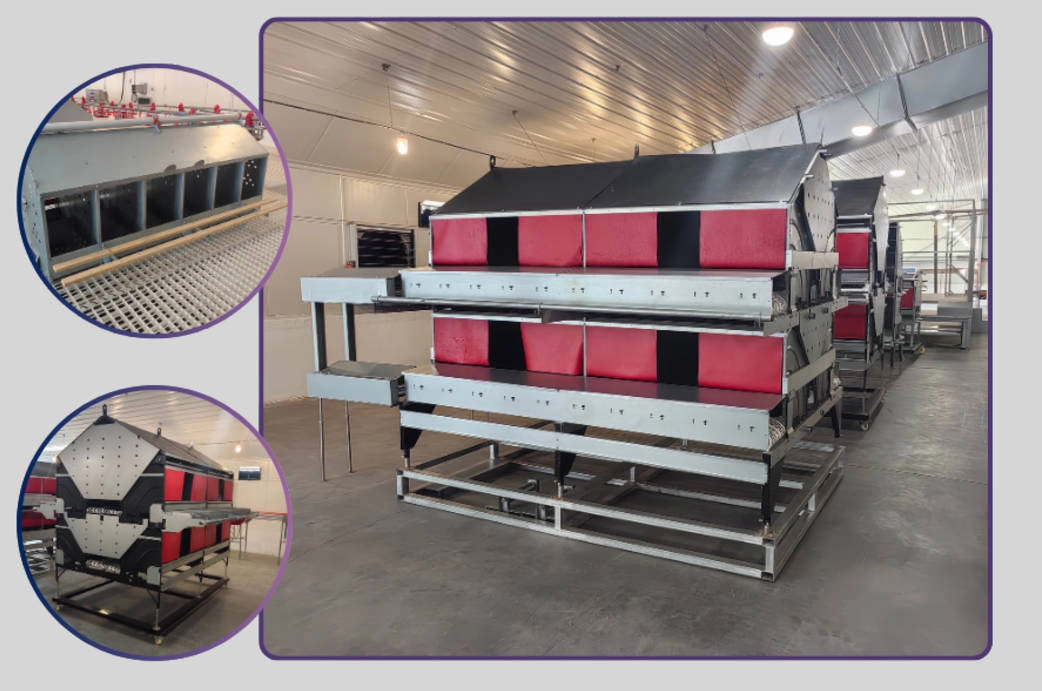
Zeus products are tailored to simplify incubation management and improve effectiveness for poultry farmers. Our advanced solutions integrate state-of-the-art technology to enhance control and optimize egg handling and hatchery operations. Utilizing products, like the Zeus H Type Broiler CAGE System, enables farmers to attain outcomes through automation and accurate management features.


